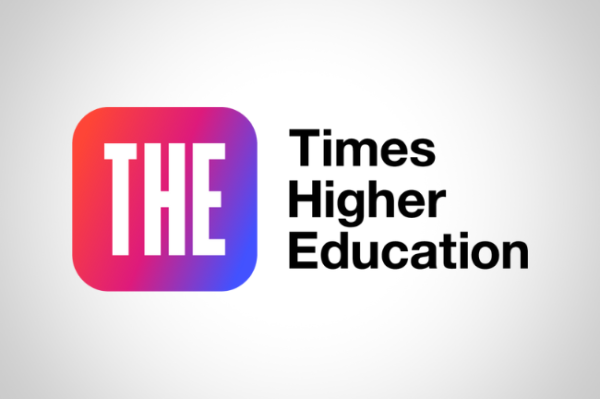You have /5 articles left.
Sign up for a free account or log in.
The U.S. crackdown on Chinese student visas could accelerate declines in international student flows out of the country as Beijing condemns the Trump administration’s “unreasonable” decision.
Secretary of State Marco Rubio announced that the U.S. will “aggressively revoke” visas for Chinese students linked to the Chinese Communist Party or studying in critical fields, a day after the U.S. government suspended all visa appointments for international students.

In China, the reaction from families has been “measured concern” rather than “immediate panic,” said David Weeks, chief operating officer at Sunrise Education, a China-focused ed-tech company.
“We’re not seeing sensationalist headlines in the media, and many families are watching and waiting for the final policy outcome and specific rules from the State Department,” he said. “There is an increasing awareness that the administration’s policies often start with big headlines of assertive nationalist policy, but they often end up being mitigated, reduced or overturned altogether.”
The impact of the policy will depend on the details, Weeks added, with little clarity currently on how “ties to the CCP” and “critical fields” are defined.
It is already common for students’ backgrounds to be scrutinized by immigration officials, he said—particularly those studying for degrees in sensitive subjects.
Julian Fisher, co-founder of Beijing-based Venture Education, said Chinese people on social media have shown “mixed feelings” about the news, with some students asking what they should do about 2026 applications.
“The most emotional reactions are from parents, mainly because they’re worried about the safety of their children in an increasingly hostile U.S. environment,” he said.
China has formally objected to the move, which a government spokesperson described as “unreasonable.”
“This political and discriminatory practice of the U.S. has exposed the lies of the so-called freedom and openness that the U.S. has always advertised, and further damaged the U.S.’s own international image, national image and national credibility,” the spokesperson said.
Mingze Sang, director of the Beijing Overseas Study Service Association, said Chinese families’ confidence in the U.S. has “already been affected by trade tensions, the Harvard controversy and warnings from the Chinese government.”
“We’ve observed that some students are now applying to other countries alongside the U.S. as a backup plan,” he added.
Fisher predicted that the announcement may have a longer-term impact on the flow of students out of China and their choice of destinations.
“We were already at something of a tipping point, and this may simply accelerate the change,” he said, as the number of students leaving the country to study abroad shows signs of decline and the Chinese government is keen to keep students at its domestic universities, which are rapidly improving in quality.
Hongqing Yang, managing director of the Hong Kong–based consultancy The Educationist, said the Chinese government is likely “to encourage domestic institutions, including those in Hong Kong and Macao, as well as transnational education institutions and joint programs, to accommodate more students” in the wake of the news.
Attracting ‘Harvard Refugees’
American branch campuses in China have already seen an influx of students this year, including from the U.S.
And while universities in traditional destinations like the U.K. may hope to benefit from the hostile policies in the U.S., Fisher warned this may not be the case.
“It seems students might now accept the offers from universities closer to home in Hong Kong and Singapore,” he said, partially due to newly implemented restrictive immigration policies in Australia, Canada and the U.K.
“Students want to feel welcome, safe and that they are aligning with the future, and increasingly they see that Asia is a place of growth, innovation and dynamism.”
Universities in parts of Asia including Hong Kong, Japan and South Korea have been quick to invite international students to their institutions, jumping at the chance to attract the so-called Harvard refugees after the Trump administration attempted to ban the U.S. institution from hosting foreign students.
In Hong Kong, the government explicitly encouraged universities to enroll Harvard students following the news.
Laurie Pearcey, adviser to the president and college master at the University of Hong Kong Shenzhen, described the situation as a “free kick for Hong Kong.”
“There are no guarantees the Hong Kong universities will take a large share of the Harvard refugees, but either way, it’s been a fantastic free bit of publicity for the city’s universities at a time when they are trying to build Brand Hong Kong,” he said.
“It says we are here, we are open and we want the world’s best minds. All courtesy of a White House plan to decimate the competitive firepower of the world’s most iconic name in higher education.”



